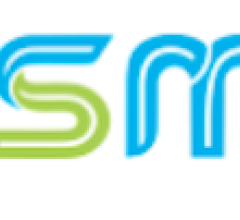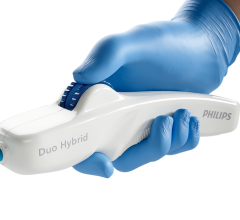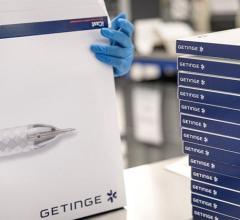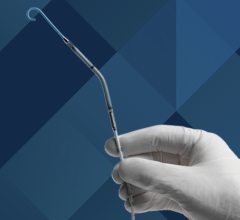November 13, 2008 - Based on its recent analysis of the drug eluting-stents (DES) market, Frost & Sullivan today recognized Boston Scientific with the 2008 North American Frost & Sullivan Market Leadership Award, highlighting important milestones for Boston Scientific, including FDA approvals for the PROMUS Everolimus-Eluting Coronary Stent System, the TAXUS Express2, Atom Stent, and the company's second-generation TAXUS Liberte Stent.
These product approvals enable Boston Scientific to deliver the industry's only two-drug stent portfolio as well as the largest size matrix available and reflect on Boston Scientific's commitment to delivering to patients the widest array of solutions in treating coronary artery disease.
The TAXUS Express2 Atom Paclitaxel-Eluting Coronary Stent System is one example of Boston Scientific working to expand treatment options to benefit patients, Frost & Sullivan said. The TAXUS Atom was approved by the FDA Sept. 25, making it the first DES approved for the treatment of small coronary vessels. Currently, clinicians are resigned to using either bare-metal stents, which pose a risk of restenosis, or a partially expanded DES. The TAXUS Express2 Atom, offers clinicians a more targeted solution that fulfills the size requirements of that anatomy, while reducing the risk of restenosis. That same day the FDA also announced the approval of the TAXUS Express2 for the treatment of in-stent restenosis in bare-metal stents. Both approvals expand indications for use for physicians and expand treatment options for patients.
"Although only introduced in 2003, drug eluting stents have reshaped the entire cardiovascular industry in just a few short years," says Frost & Sullivan Research Analyst Archana Swathy. "These devices are taking percutaneous coronary intervention to new heights, addressing many of the concerns and issues restricting the availability of care in the past."
Data surrounding potential safety risks associated with DES and possible late stent thrombosis had resulted in lower usage in late 2006-07. Recognizing the importance of clinical data, Boston Scientific addressed the need of physicians for additional DES safety information and continues to provide effective data that reinforce its leadership position in the DES arena, Frost & Sullivan said. Earlier this year, Boston Scientific reported encouraging one-year data from the SYNTAX trial that compared percutaneous coronary intervention (PCI) using the TAXUS Express2 paclitaxel-eluting coronary stent system to contemporary coronary artery bypass graft surgery (CABG). The TAXUS stent systems have been evaluated by the industry's most extensive randomized, controlled clinical trial program, supplemented by data on more than 35,000 patients enrolled in post-approval registries. To date, approximately 4.6 million TAXUS stents have been implanted globally, making them the world's most frequently used drug-eluting stents.
In addition to its intense focus on evidence-based medicine and a robust clinical trial program, Boston Scientific has introduced the Stentplus program to enhance patient outcomes post PCI by improving patient compliance with physician-prescribed, dual anti-platelet therapy. This comprehensive program specifically targets DES patients, regardless of the stent brand. It is endorsed by several prominent organizations, including the Society for Cardiovascular Angiography and Interventions (SCAI), and is used by nearly 1,000 hospitals and more than 160,000 patients nationwide.
Each year, Frost & Sullivan presents this award to the company that has demonstrated market share leadership through the implementation of sound market strategy. The recipient has displayed excellence in all areas of the market leadership process including the identification of market challenges, drivers, and restraints, as well as strategy development and methods of addressing these market dynamics.
Frost & Sullivan's Best Practices Awards recognize companies in a variety of regional and global markets for demonstrating outstanding achievement and superior performance in areas such as leadership, technological innovation, customer service, and strategic product development. Industry analysts compare market participants and measure performance through in-depth interviews, analysis, and extensive secondary research in order to identify best practices in the industry.
For more information: www.bostonscientific.com, www.awards.frost.com


 November 24, 2025
November 24, 2025 









